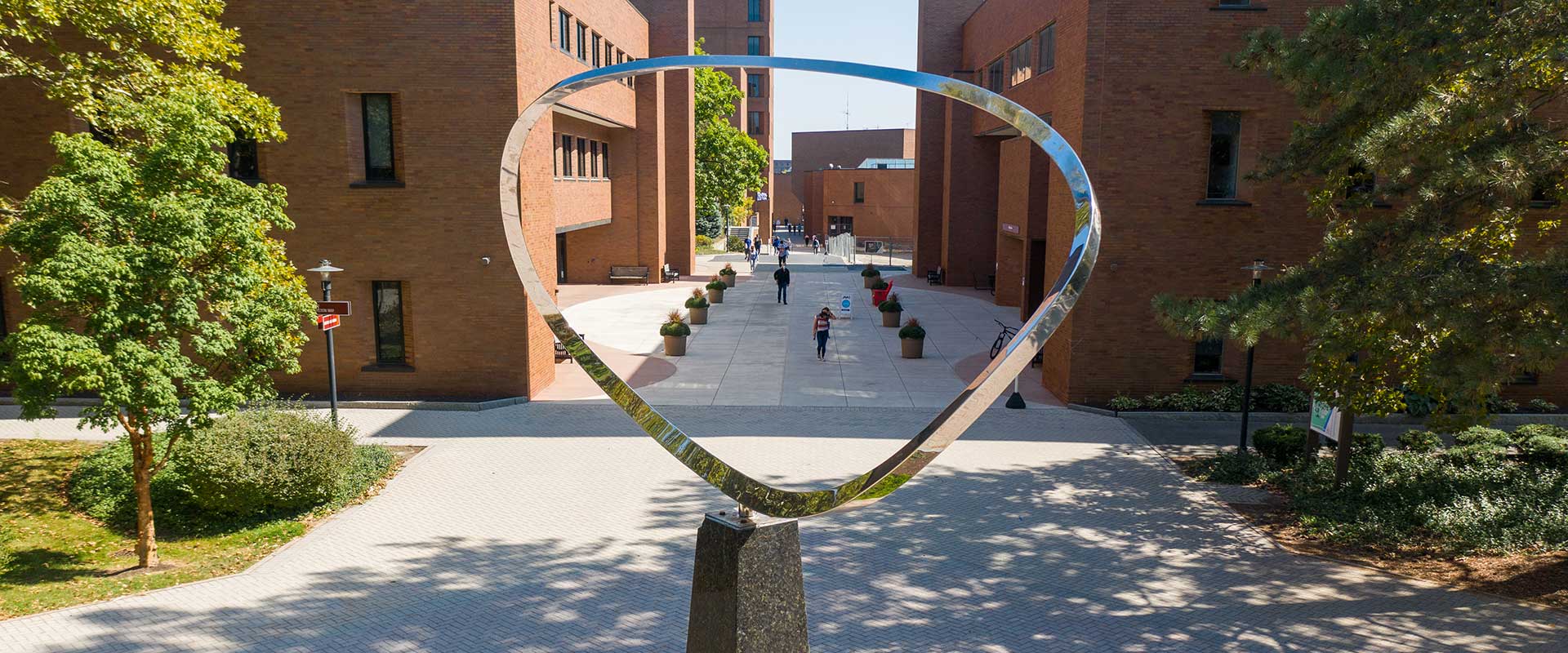Home Page
Welcome to our new Academic Program and Curriculum Management website, which features streamlined guidance for a wide variety of curricular actions!
Use the above drop-down menus to select a curricular action (Develop, Modify, Deactivate or Discontinue) and then select a program type (such as Undergraduate Degree Program). You’ll be presented with the applicable guidance and forms for the curricular action you chose. The Resources menu contains direct links to guidance pages, RIT forms/templates and NYSED forms/templates. If you have questions or need assistance, please contact Brenda Thornton or Julie Nemer.
Reminders
New Degree Program Intent Documents
Intent Document submissions are due by February 15, 2026
The Academic Program and Curriculum Management department oversees and manages the processes associated with academic program management, assessment, and accreditation.
The department provides guidance to faculty and administrators for a wide variety of curricular actions, processes, policies, and regulations at both the university-level and with the New York State Education Department in the approval and registration of academic programs.
